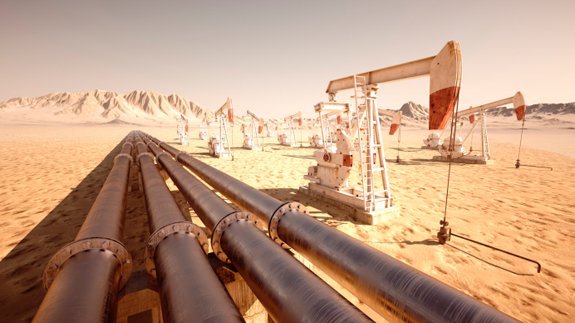The world’s wealthiest countries hand subsidies to the tune of $88 billion (£55.5bn) a year to the fossil fuel industry, finds new research from the thinktank Overseas Development Institute.
Its report published today, ‘The fossil fuel bail-out: G20 subsidies for oil, gas and coal exploration’, suggests this is “propping up” fossil fuels which could otherwise be “uneconomic”.
The $88bn figure breaks down into three types of exploration subsidies: Investment by state-owned enterprises of $49 billion (£31bn); national subsidies through direct spending and tax breaks of $23 billion (£14.5bn); and lastly public finance from banks and financial institutions of $16 billion (£10bn) per year.
The report compares this to the renewable energy sector, suggesting subsidy would be better spent there. It claims each US dollar put in renewable energy subsidies attracts $2.5 in investment, compared to a dollar on fossil fuels subsidies only draws $1.3.
Report author Shelagh Whitley says: “Despite the widespread perception that renewables are costly, our research reveals that finding new fossil fuel reserves is costing nearly $88 billion in exploration subsidies across the G20. Scrapping these subsidies would begin to create a level playing field between renewables and fossil fuel energy.”
How much do countries like the UK spend?
The report reckons the top 20 private oil and gas firms spent just $37 billion on exploration last year, half the amount of governments.
The United States puts $5.1 billion per year (£3.2bn) to hunting fossil fuels in 2013, while the UK has brought in national subsidies for exploring valued up to $1.2 billion (£0.8bn) a year.
This UK aid includes tax breaks for North Sea which the report claims is worth $838 million (£529m) to France’s Total, $407 million (£257m) to Statoil of Norway, $229 million (£145m) to British firm Centrica and $72 million (£45m) to the USA’s Chevron between 2009 and 2014.





